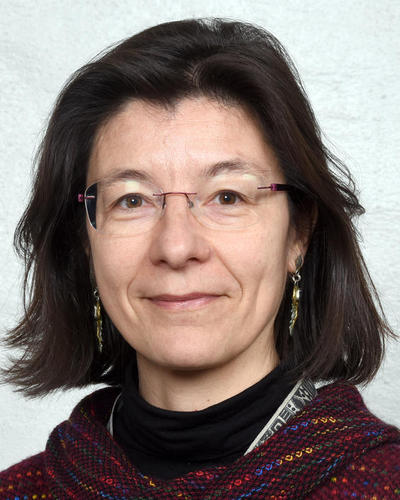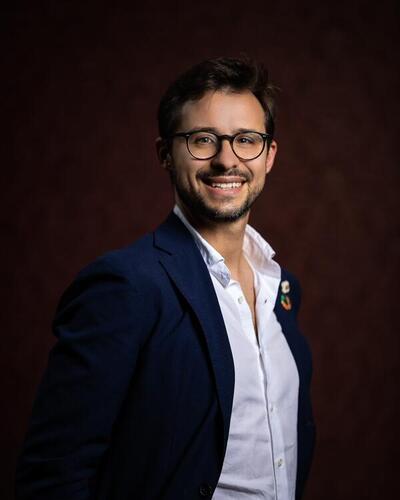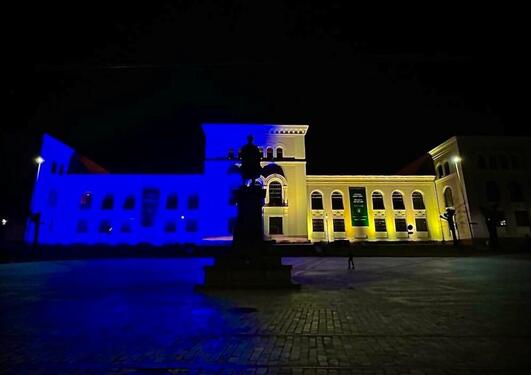Leah will explore connections between the Covid-19 pandemic and the Ukrainian refugee-crisis
Fulbright-student Leah Eliza Balter from the United States has recently started a new research-project at The Pandemic Centre. She will explore how Norway’s Covid-19 experiences may have influenced the response to the Ukrainian refugee crisis that happened simultaneously.

Main content
Leah Eliza Balter is originally from Maryland, Baltimore (US) and has started doing research at The Pandemic Centre as a part of the Fulbright U.S. Student Program. By conducting a qualitative case study, she will explore how Norway responded to the Ukrainian refugee-crisis in March 2022 when the covid 19-pandemic was still ongoing.
She has a Bachelor's degree in Human Biology from Stanford University.
– We will examine the issue from individual, community, and national perspectives through interviews with frontline professionals, NGOs and religious organizations, and government actors.
Balter will also join the interdiciplinary PhD-course at the Pandemic Centre to be held in October.
Roles were switched
As the pandemic was slowly declining in Norway in February-March 2022, a lot of housing and infrastructure was switched over to be used for the refugee crisis instead. One of the key questions in the project is what lessons can be learned from the overlap of these events, and how human resources from one crisis was reallocated to another.
– Health and housing are closely linked, and the topics really inform one another. We also know that these crises will continue to happen. So how can we learn from this to have a reservoir of resources when the next crisis hits?
Balter had no previous knowledge about the Pandemic Centre at UiB. She got in touch with Professor Esperanza Diaz when looking for studies focusing on trauma and health among the refugee population.
– I just called and e-mailed her and she knew about the Fulbright Program. Then we met over Zoom and she was really encouraging! She is an incredible mentor, and this just seemed like a perfect opportunity for what I want to do in the future, Balter explains.
Local responses
Until next summer, Balter will travel around Norway to better understand the local responses in relation to national recommendations and policies. The interviews will take place with individuals working around the country, including both urban and rural settings.
– I’m really looking forward to interviewing people, collaborating and hearing other ideas from the international community at the Pandemic Centre. I also hope to see the Northern lights, swim in the fjords, and do the seven mountains in one day!


